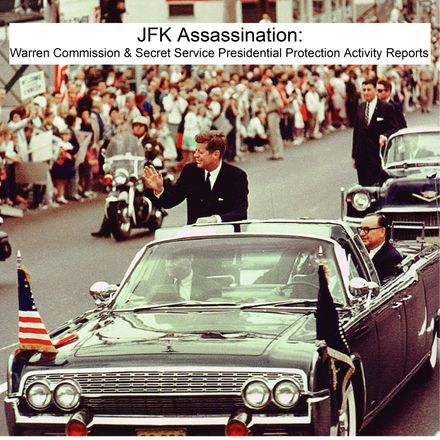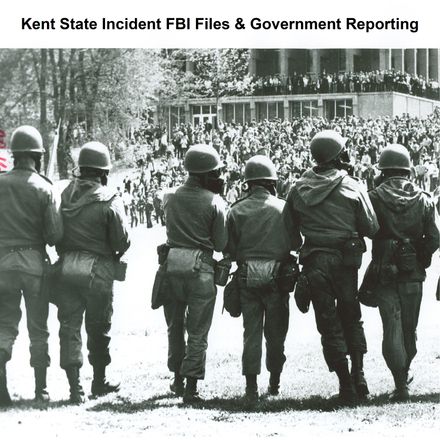$0
Tulsa Oklahoma African American Newspaper Tulsa Star 1913-1921
Tulsa Oklahoma African American Newspaper Tulsa Star 1913-1921
1,476 pages in 209 weekly issues of the African American Newspaper Tulsa Star, dating from 1913 to 1921. The last issue of the Star ever published is the issue before the 1921 Tulsa Race Riot & Massacre. The Star had its building and equipment destroyed during the massacre. Unfortunately, the last known issue of the Star in which there is a copy still in existence is the January 30, 1921, issue. This collection has 209 issues dating from April 11, 1913, to January 30, 1921.
Despite lack of coverage of the 1921 Riot/Massacre, this collection is a valuable resource because it shows the relationship between Black and White Tulsans, occurrences of lynching in Oklahoma, Jim Crow in early 20th century America, African American patriotism during World War I and evidence of a higher degree of material wealth among Black citizens of Tulsa, compared to that of blacks in much of the rest of the nation.
At the time of the 1921 race riot, approximately 11,000 African Americans lived in Tulsa. More than 190 businesses were owned and operated by Blacks in the segregated north Tulsa neighborhood known as “Black Wall Street.” In 1913 Andrew Jackson Smitherman moved the newspaper he founded the year before, the Muskogee Star, to this "Black Wall Street" and changed the newspaper’s name to the Tulsa Star.
The newspaper was unique for an African American newspaper of its era in that it was steadfastly Democratic. Forty-seven years after the Civil War, Black allegiance was still to the Republican Party and the migration to the Democratic Party was not electorally substantial until the early 1930's.
Along with the offices of the Star, Smitherman's home was burned to the ground in 1921. Smitherman was forced to flee Tulsa because many Whites blamed him for inciting the 1921 riot. Adjutant General Charles Barrett, who was in command of the Oklahoma National Guard at the time, said that the cause of the riot was “an impudent Negro, a hysterical girl, and a yellow journal reporter,” lastly referring to Smitherman. The editor/publisher and his brother Tulsa Sheriff’s Deputy John Smitherman were arrested after the riot.
A. Smitherman fled Tulsa after posting bail and was indicted and threaten with extradition back to Tulsa from Springfield, Massachusetts. Deputy J. Smitherman was fired from the Tulsa Sheriff's Department and was later kidnapped by a group of white men believed to be Klansmen, who severely beat him and cut off one of his ears.
In December of 2007, Tulsa County District Attorney Tim Harris, 56 years after the death of publisher Smitherman, made a motion granted by Tulsa County District Judge Jesse Harris, that the indictments against Smitherman and 55 other Black men who charged with inciting the riot, were to be dismissed.
The collection contains a text transcript of all computer recognizable text embedded into the graphic image of each full-sheet newspaper page, creating a searchable finding aid. Text searches can be done across all pages in the collection.








